The UK has some big problems right now, but it’s not all bad news.
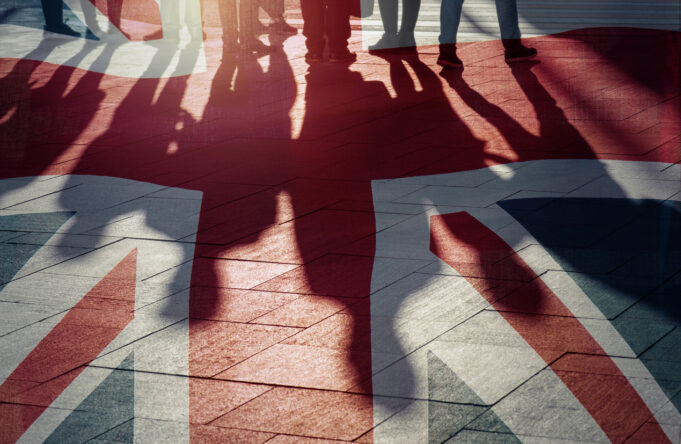
Despite headlines often dominated by political turmoil and economic concerns, beneath the surface, British culture is undergoing a series of quiet yet profound transformations. These changes reflect a society striving for inclusivity, sustainability, and a deeper connection to its diverse roots. Here are some of the best things happening that are reshaping the UK’s cultural landscape in 2025.
1. Museums embracing inclusivity and reconciliation
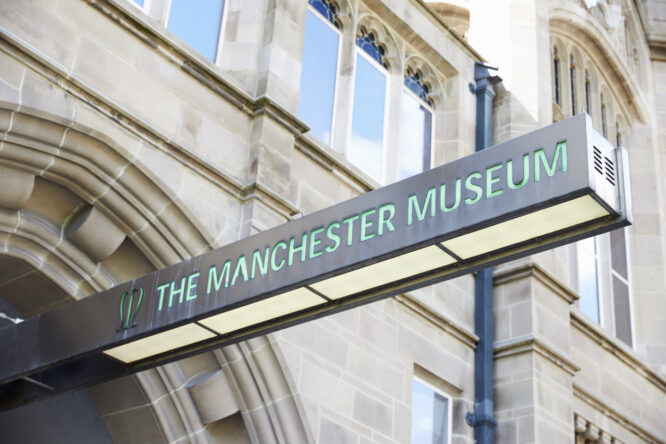
The Manchester Museum has been awarded the prestigious European Museum of the Year title, becoming the first UK institution since 2018 to win the accolade. Recognised for its innovative approaches and community engagement, the museum was praised for confronting its colonial past and amplifying marginalised narratives through collaboration with diaspora communities.
Following a £15 million renovation, it reopened in 2023 with new features like a South Asia gallery co-curated by local residents and a creative college for neurodivergent youth. It also returned 174 items to the Anindilyakwa people of Australia, underlining a commitment to cultural responsibility.
2. Bradford’s cultural renaissance
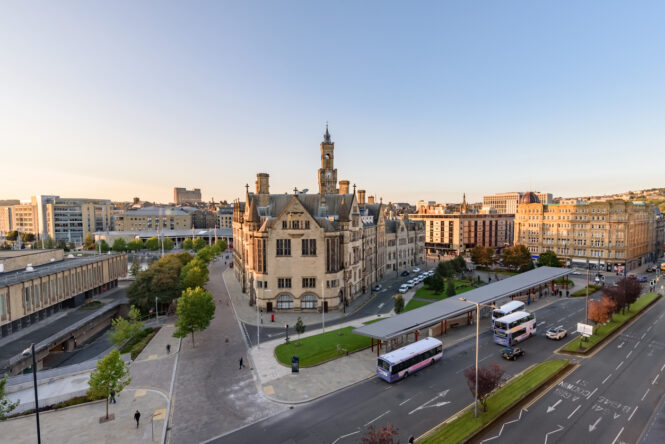
Bradford has been named the UK City of Culture for 2025, setting the stage for a vibrant year of performances, exhibitions, and community-driven creativity. With contributions from artists like Dynamo, Akram Khan, and David Hockney, the programme highlights both the city’s heritage and its contemporary talent.
Events like the Turner Prize and immersive sound-walks aim to draw visitors and reinvigorate the local economy, proving that culture can be a serious catalyst for regeneration.
3. Youthful optimism on the rise

According to the Office for National Statistics, around 69% of UK adults reported high levels of hope for the future in 2025. Among 16 to 29-year-olds, that figure jumps to 75%, showing a generational shift toward optimism—even in the face of ongoing global uncertainty. Whether driven by social change, climate awareness, or fresh political energy, it’s a sign that younger Brits still believe in shaping a better future.
4. Grassroots movements redefining culture

Initiatives like Fun Palaces continue to challenge traditional ideas of who gets to make and enjoy culture. Instead of relying on institutions, these grassroots events invite local people to lead, create, and share their own experiences of arts, science, and community. It’s a subtle cultural revolution—one that values participation over prestige and everyday creativity over polished perfection.
5. Architecture prioritising well-being and sustainability

British design is leaning hard into human-focused, eco-conscious spaces. From biophilic elements like indoor greenery and natural light to the use of low-impact materials like timber and hempcrete, sustainability is shaping how we build, and how we feel in those buildings.
Architects are also embracing wellness-led planning with integrated spaces for movement, rest, and mental clarity. It’s less about aesthetic spectacle and more about how buildings actually serve the people in them.
6. Black British theatre gaining overdue visibility

The Black British Theatre Awards continue to grow in influence, spotlighting talent that has long been overlooked. Since launching in 2019, they’ve brought well-deserved attention to Black playwrights, performers, designers, and directors who’ve been shaping UK theatre from the margins. This isn’t just representation—it’s recalibration. British theatre is becoming more inclusive, more honest, and far more interesting because of it.
7. A new wave of inclusive club culture

Despite venue closures and economic pressure, the UK’s nightlife scene is being reshaped by creative collectives and DIY spaces that prioritise diversity, safety, and inclusion. It’s no longer just about big-name DJs and massive venues—people are seeking out smaller, more meaningful experiences. This reboot of British club culture is all about belonging, community, and reclaiming joy on your own terms. It’s a quiet return to the underground in the best way.
8. Thoughtful use of AI in public services
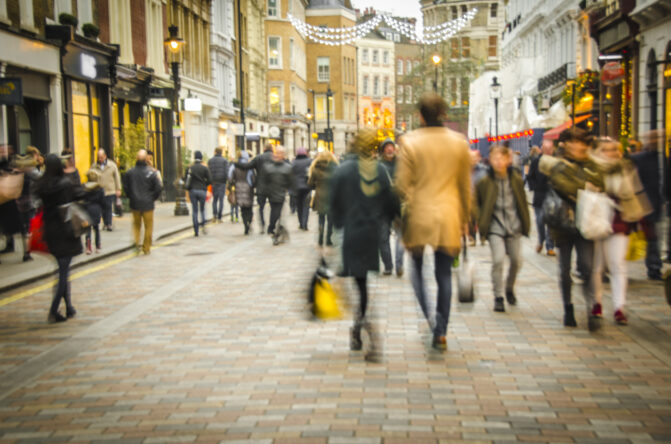
Generative AI is being cautiously adopted in UK public services to ease workloads and improve efficiency. A recent study found 45% of public sector workers are aware of AI being used in their departments, with 22% already engaging with it directly. Rather than rushing in, there’s a growing emphasis on ethical use, transparency, and ensuring human needs stay at the heart of digital transformation.
9. Celebration of diaspora cultures

From the Odisha Society of the UK’s cultural festivals to Caribbean heritage events and Somali art exhibitions, communities across Britain are honouring their roots while shaping new stories in the UK. These celebrations are more than symbolic. They build belonging, change perceptions, and make British identity feel broader, more layered, and more alive.
10. Cultural devolution empowering local regions
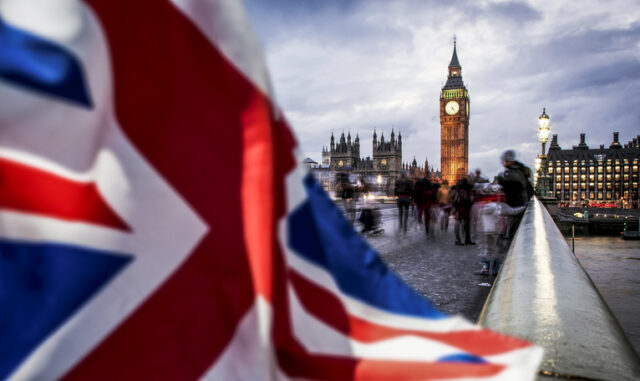
Movements like Culture Commons are pushing for arts policy that reflects regional voices, not just decisions made in London. This change toward cultural devolution is helping local creatives shape the narrative of their own communities. It’s not just about funding—it’s about trust. And the ripple effect is a more balanced, representative national culture.
11. Cultural well-being becoming mainstream

More organisations are recognising that engaging with the arts isn’t just “nice to have”—it’s a genuine boost to mental and physical health. Programmes that pair culture with wellbeing are now being rolled out across the NHS and community care. That fusion of art and health isn’t new, but it’s finally getting the serious attention (and funding) it deserves.
12. Lasting impact of the Black Lives Matter movement
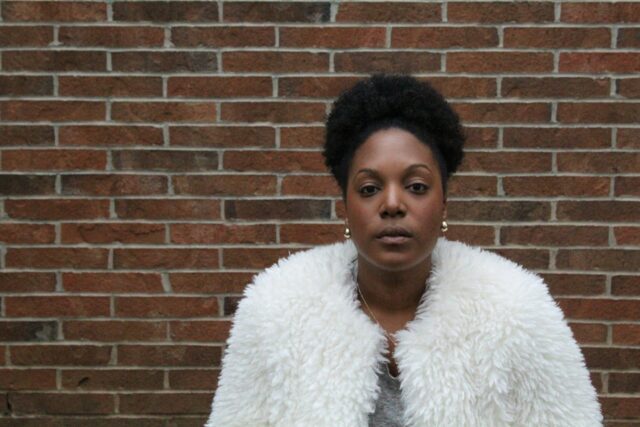 Source: Unsplash
Source: Unsplash Five years on from 2020, many British institutions are still grappling with their roles in systemic racism, but some are also taking real steps. From repatriation of artefacts to funding Black-led initiatives, change is happening, even if it’s slower than some hoped. It’s not performative anymore. It’s embedded, with roots growing deeper each year, and that gives real hope for lasting equity.
13. Corporate inclusivity evolving behind the scenes

Faced with political pushback, many companies have quietly reframed their diversity initiatives under softer labels like “culture,” “belonging,” or “wellbeing.” The words might change, but the work continues. It shows that despite noise from certain corners, the wider cultural tide is still moving toward inclusion—even if the language needs to adapt to survive.
14. Young people helping shape cultural policy
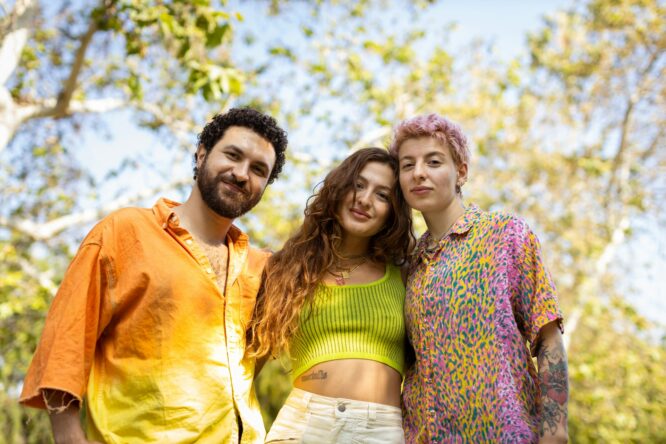
New research shows younger generations want more say in the future of arts, politics, and climate decisions. Reports like Next Generation UK are guiding policy makers to listen, act, and co-create with youth rather than just making decisions on their behalf. The change isn’t just top-down anymore. Young voices are stepping up, and finally being taken seriously.
15. Art and photography being used as social commentary
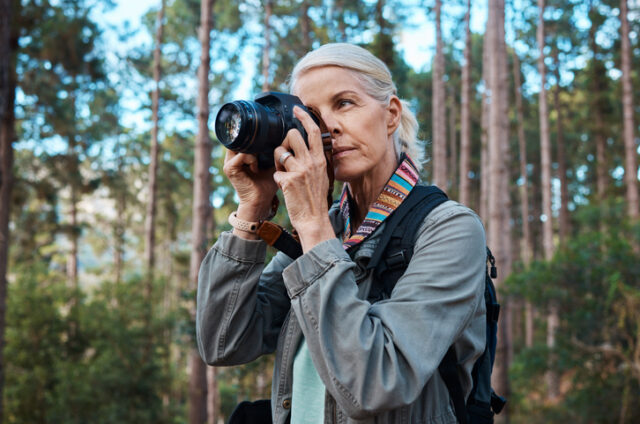
Photographers like Aïda Muluneh are using their work to reflect a complex, contradictory Britain. Her “Necessity of Seeing” project, shot across cities like Bradford and Belfast, dives into gender, migration, labour, and belonging. In a divided landscape, this kind of visual storytelling cuts through in a way words often can’t. It invites understanding, not judgement—and that’s something culture sorely needs right now.
16. More funding for community-led creativity

With projects like V&A East opening their doors to exhibitions focused on Black British music and lived experience, funding is finally reaching artists outside the usual gallery and theatre circuits. These investments don’t just spotlight talent—they give communities the tools to tell their own stories, on their own terms, for once.




